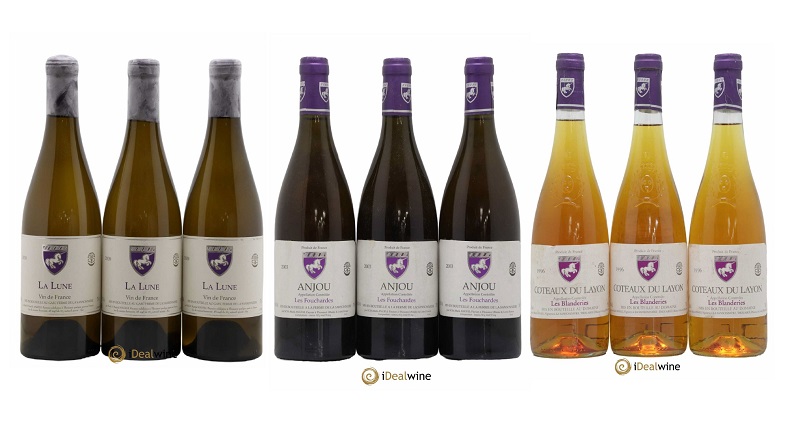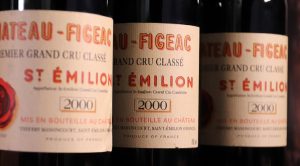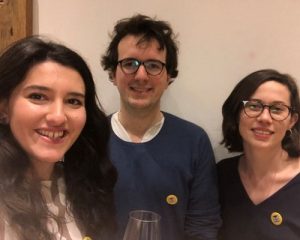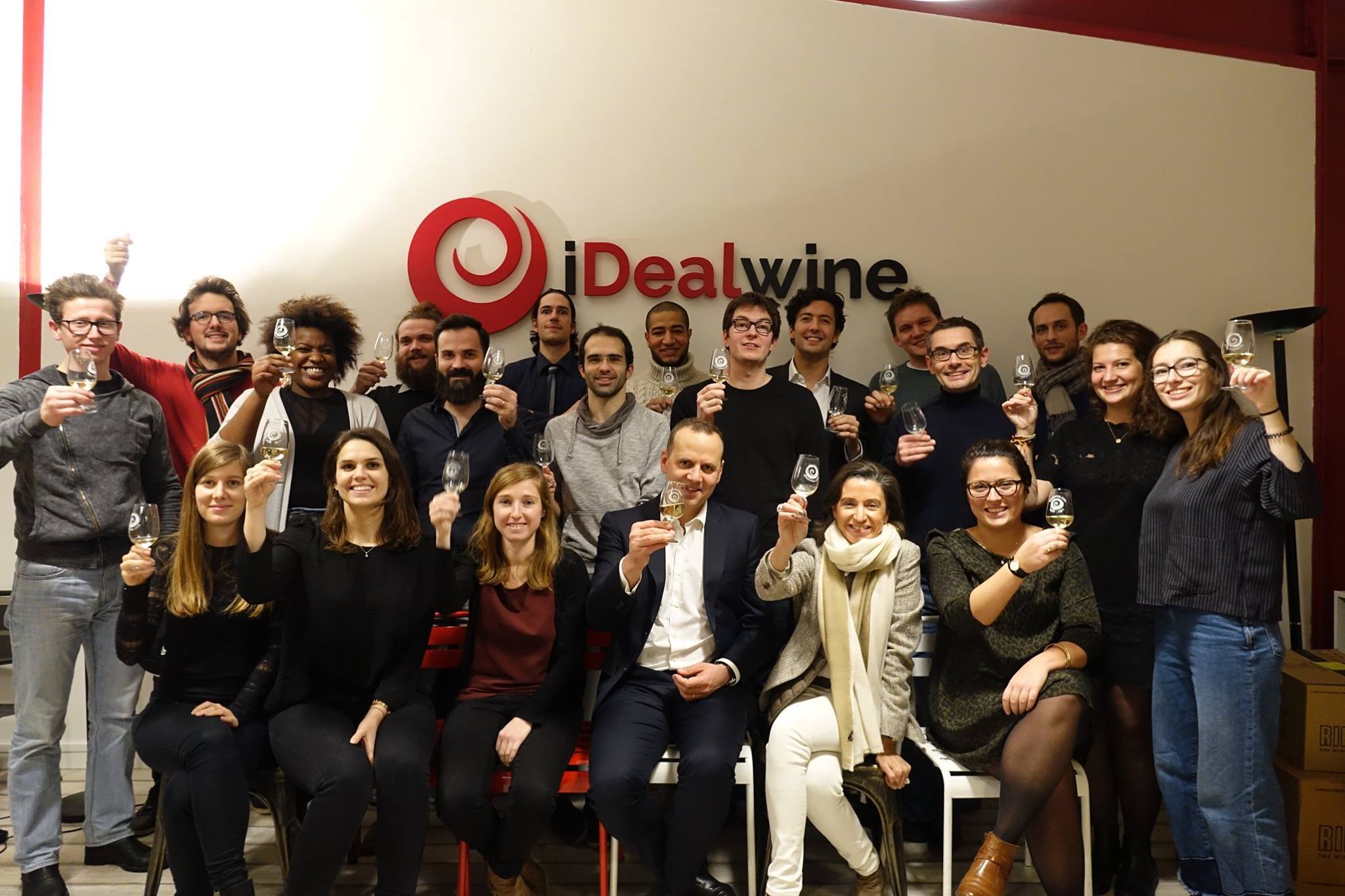
Burgundy bottles continue to draw interest from across the globe, as is proven by some of the astonishing bids placed this August at iDealwine, both for fine Chardonnays and Pinot Noirs alike. In recent weeks, a 2000 Chevalier-Montrachet from Domaine d’Auvenay went under the hammer for €16,787, and a 1994 Montrachet from Domaine Leflaive fetched €9,424. As for Burgundy’s most prestigious reds, it’s worth noting the €16,554 hammer price for a Romanée-Conti, and the €7,812 fetched for a 2014 Romanée-Saint-Vivant by Domaine Leroy. Wine collectors from France, the UK, and Korea all placed these top winning bids, and these precious bottles are undoubtedly nestled in their cellars as we write.
At this time, the market maintains the highest value for Burgundy gems like these, alongside icons from Bordeaux and the Rhône Valley. Petrus, Le Pin, Château Rayas, and Chave all remain greatly coveted, with no sign of their auction performance slipping. We also like to look towards other regions, moving away from the classics to focus on the names to watch. The Loire Valley is a dynamic region that excites all kinds of wine afficionados. Within this region of many talents, it’s Anjou that seems to inspire a particular charm, and Mark Angeli is one of the region’s pioneers.
When Angeli bought the Ferme de la Saisonnière in 1989, the grapes were still being sent to the cooperative for mass-produced wines. He’d just finished his training in Sauternes, at Château La Tour Blanche’s technical college, notably alongside Jean-Luc Dantou, ECOCERT inspector. It was during this time that Angeli had a revelation about organics. Soon after a trip to La Coulée de Serrant, he introduced some radical changes inspired by the biodynamic movement. This turned out to be an immensely important decision, one that caused a bit of a stir in the region. Today, Mark Angeli is admired by his peers for his meticulous work; each of his cuvées is dedicated to a particular terroir, all of which come from his 7.8 hectares of vine land.
Collectors’ vintages from Ferme de la Saisonnière
Mark Angeli’s first vintage, the 1990, was put up for auction this August; it was a magnum of Bonnezeaux Vieilles Vignes that went for a winning bid of €186, which represents a 19% increase on its value. From the same harvest, the Mathilde cuvée – still labelled under the Bonnezeaux appellation until 1994 – fetched €149. These bottles are collector-worthy on two fronts, as not only are they from the producer’s very first vintage, but Angeli actually stopped making dessert wines in 2006. Alcohol levels below the appellation’s threshold, the need to add sulphites (that this vigneron prefers to avoid…), and a market with decreasing demand all contributed to this decision. And this despite Angeli’s personal appreciation for sweet wines. Other bottles of this kind have featured at auction, too; a two-bottle lot of Coteaux-du-Layon Les Blanderies sold for €223, a 72% increase on its estimated value.
No appellation? No problem…
In 2002, the appellation refused to accept his dessert rosé into its ranks, and from that point onward Mark Angeli began to remove all of his wines from the official label. The change was confirmed in 2006 for his reds, then 2007 for the whites, meaning that they all now carry the “vin de France” status. This was heartbreaking for a vintner attached to his Anjou terroir to the point of welcoming new wine growers to the area and sharing his expertise. He takes them under his wing, encouraging methods of higher quality viticulture with masterful yields. And many of these have taken the vin de France label, too.
At auction, we do still find some rare bottles from the AOC Anjou, such as the 1998 Vignes françaises cuvée, won by a Danish client after quite the bidding war, for €143 (+43%). In its 2002 vintage, this same cuvée fetched €141. Among the domain’s other emblematic cuvées, we find the Vieilles vignes des Blanderies cuvée. In its 1997 vintage, still labelled as an Anjou, this Chenin comes from a schist terroir planted with 70-year-old vines, and was sold for €113. The 2002 Fouchardes, a lightly sweet and very charming cuvée, reached a hammer price of €99 a bottle (+38%). As for La Lune, another exciting terroir of schist and silex, this cuvée went for €107 in its 1999 vintage.
Without a doubt, the collectors who got their hands on one of these bottles appreciate the delicate character of Mark Angeli’s wines. To taste, they bring about a singular sensation of balance and serenity. As time goes on, we’re seeing the Loire emerge as a land of great promise for wine connoisseurs, and value keeps increasing for these bottles that have so much to say…
Find out more about selling your wine with us



